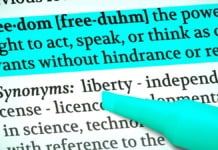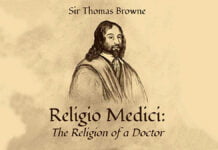Short Response and Emphasis Transformation are techniques often used in writing and communication to convey information concisely or to shift focus and importance within a sentence or passage.
Short Response Transformation
In spoken English and informal writing, a short answer is a response made up of a subject and an auxiliary verb or modal. Short answers are brief but complete—they can answer yes or no questions or more complicated queries.
Saying Yes, I do / No, I don’t in English is more polite than just saying Yes / No. That’s why short answers are very commonly used. Conventionally, the verb in a short answer is in the same tense as the verb in the question asked. Also, the verb in the short answer should agree in person and number with its subject.
Do you like dancing? Yes, I do.
Do you like dancing? No, I don’t.
Is John going? No, he isn’t.
Has John gone? Yes, he has.
That is, the long response I do like dancing is shortened to I do.
The Process:
- The subject in the short response is pronominalized.
John –> he
- Predicate Phrase Deletion: If the sentence contains be/have/modal, all items after be/have/modal are deleted.
Yes, John has gone –> he has
- If there is no be/have/modal, all items after tense are deleted, and then Do Support becomes necessary.
Did John go–> Yes, John went–> he did.
Emphasis Transformation
Emphasis is the use of strong affirmation. The affirmation is indicated by extra stress on the operator- [be/have/modal]. If there is no operator in the string, the Do- support Rule is applied and Do now carries the extra stress.
- He will go. /hi:l gou/
| DS : | He – present – will – go |
| EMP : | He – present – will – EMP – go |
| AS : | He – will – EMP – present -go |
| SS : | He WILL go./hi: wil gou/ |
- John went.
| DS : | John – past – go |
| EMP : | John – past – EMP – go |
| DO Support Rule : | John – past – do – EMP – go |
| AS : | John – do – past – EMP – go |
| SS : | John – DID – go. |
Conjunction Reduction
Two similar sentences are joined together (conjunction) and then the identical constituents in the second sentence are deleted (reduction)
- John will go.
Mary will go. –> John will go and so will Mary. - John has gone and so has Mary.
: John is going and so is Mary.
: John went and so did Mary.
: John didn’t go and neither did Mary.
: John won’t go and Mary won’t either.
- John will go.





























